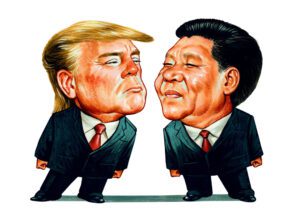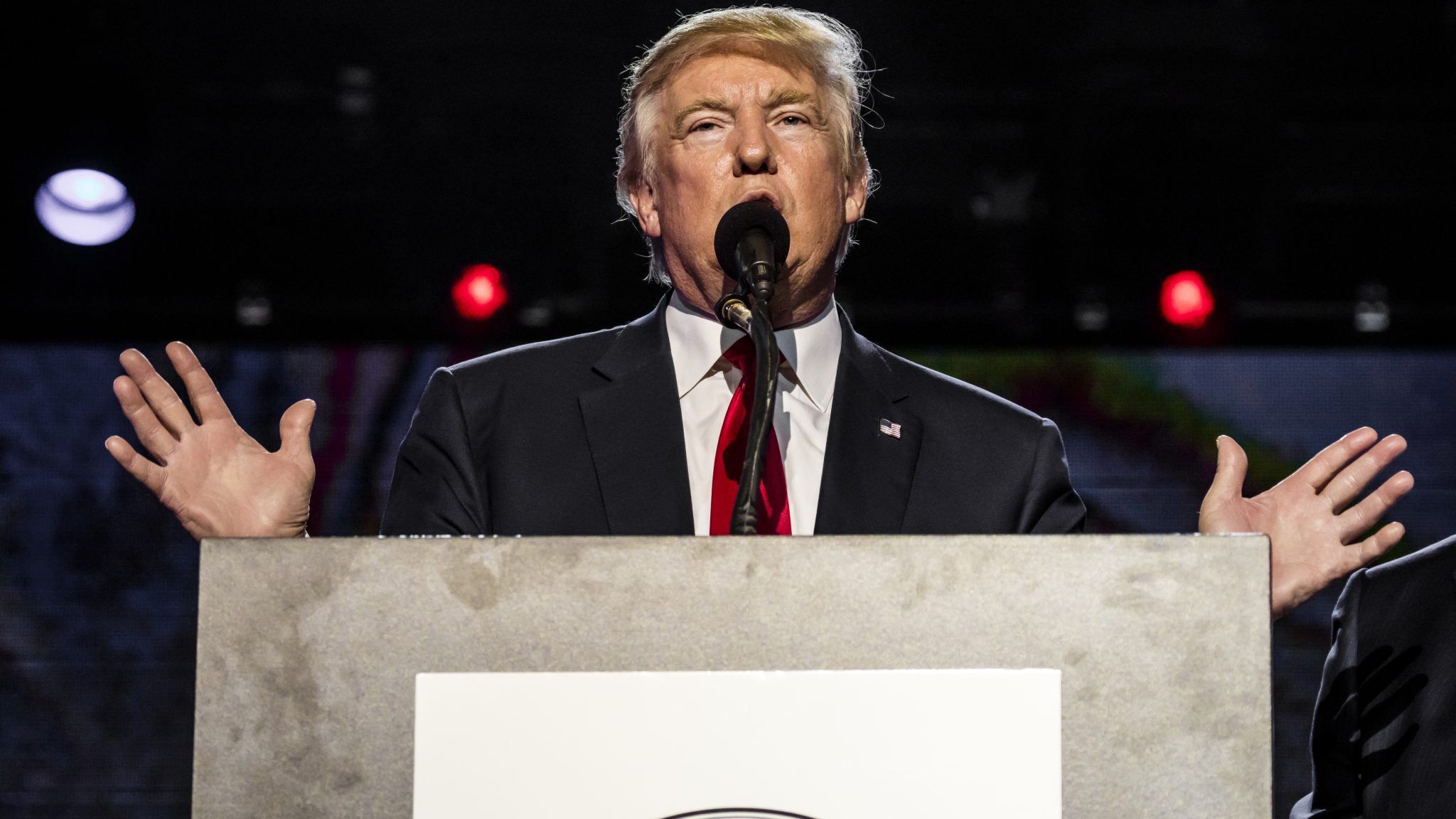Back in September of 2018, Paul A. Eisenstein of NBC News reported that U.S. President Donald Trump’s plan to implement tariffs automobiles and auto parts imported from China would potentially cause the loss of over 700,000 jobs as well as a significant drop in car sales and a massive blow to the country’s GDP. This week, however, the Trump administration has decided to hold off on upping tariffs, which has many people breathing a sigh of relief.
According to a Twitter post from the president himself, the decision to put increased tariffs on hold was due to “substantial progress in our trade talks with China.” He also added that he is open to having a meeting with Chinese President Xi Jinping if negotiations continue going well.
Prior to the decision, the U.S. was planning to increase duties on over $200 billion of Chinese goods on March 1st.
 Although trade tensions have long existed, they seem to have become more exposed within the past few years as Trump tries to make better deals with other countries that aim to be more beneficial for the U.S. Things with China got especially heated in July of 2018 when China’s Commerce Ministry stated the U.S. was engaging in “typical trade bullying” and that it had begun “the biggest trade war in economic history.”
Although trade tensions have long existed, they seem to have become more exposed within the past few years as Trump tries to make better deals with other countries that aim to be more beneficial for the U.S. Things with China got especially heated in July of 2018 when China’s Commerce Ministry stated the U.S. was engaging in “typical trade bullying” and that it had begun “the biggest trade war in economic history.”
Trump’s recent tweet, however, included that progress had been made on “important structural issues including intellectual property protection, technology transfer, agriculture, services, currency, and many other issues.” After the announcement, the Dow Jones increased an average of 60.14 points throughout the day and the Nasdaq gained 26.92 points. Not only did the U.S. stock market benefit from the news, but China’s Shanghai Composite reached the highest it’s been in eight months. The delay of tariffs on China comes as good news for most automakers, auto sellers, and experts in the industry. Paul Wiseman of WACH reported that the vast majority of the auto industry opposes increased tariffs, adding that the estimation is that “the price of imported vehicles would jump more than 17 percent” and that car sales would plummet, leading to huge employee layoffs. Therefore, despite the announcement this week, there is still much skepticism and worry regarding the future of tariffs and how they might affect the auto market throughout the world. Turbulent trade issues with prominent auto-producing countries such as Germany, for example, could shake up the entire global economy regardless how the U.S.-China relationship is at any given time. Many hope that tariff threats are just negotiation tactics by the president, but many experts in the auto industry are still leery. Chinese automakers, however, don’t seem to be showing too much caution, as they are still planning on attempting the introduction of Chinese-made electric vehicles into the U.S. market, according to Takeshi Shiraishi of Nikkeh. If this goes as planned, certain models will be able to compete with Tesla’s lineup. Nobody knows for sure what the impact of increased tariffs on China would truly have; however, Richard Partington of The Guardian noted that Trump’s tariff threats have not been welcomed by many, even including the World Bank, which warned that tariffs could bring “severe consequences” that might be “equivalent to the 2008 financial crisis.” This week’s news, however, has helped ease these fears for now.








